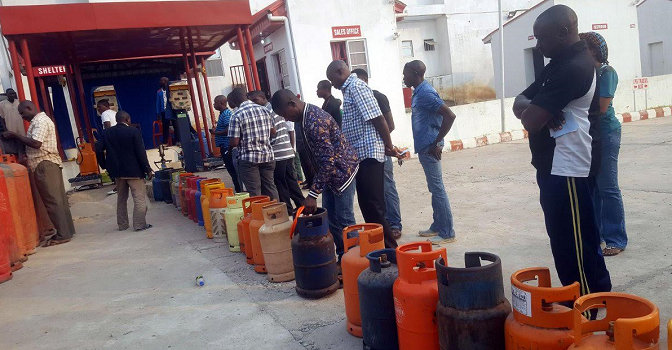The Federal Government of Nigeria has announced plans to halt the exportation of Liquefied Petroleum Gas (LPG), commonly known as cooking gas, in an effort to increase domestic supply and reduce prices. The decision comes in response to the recent surge in cooking gas prices in Nigeria. LPG producers and key stakeholders in the industry have been instructed to cease the export of the commodity from Nigeria.
Cooking gas consumption in Nigeria has been on the rise, with ambitious targets to reach five million metric tonnes by 2029. However, despite being a gas-rich nation with significant reserves, Nigeria relies heavily on imports to meet domestic demand for cooking gas.
The move to stop LPG exportation aims to boost domestic supply and contribute to a reduction in prices. The government is engaging with international oil companies such as Mobil, Shell, and Chevron to ensure compliance with the directive.
The cost of cooking gas has seen a significant increase, leading to concerns among consumers. The Federal Government had previously taken steps to address the issue, including the removal of Value Added Tax (VAT) on LPG and its equipment. However, the expected impact on prices has not materialized, prompting further government intervention.
The decision to restrict LPG exportation aligns with efforts to make cooking gas more affordable domestically and encourage its usage over alternative fuels like charcoal. The government aims to tap into Nigeria’s gas reserves to meet growing domestic demand for cooking gas and promote economic development.
























